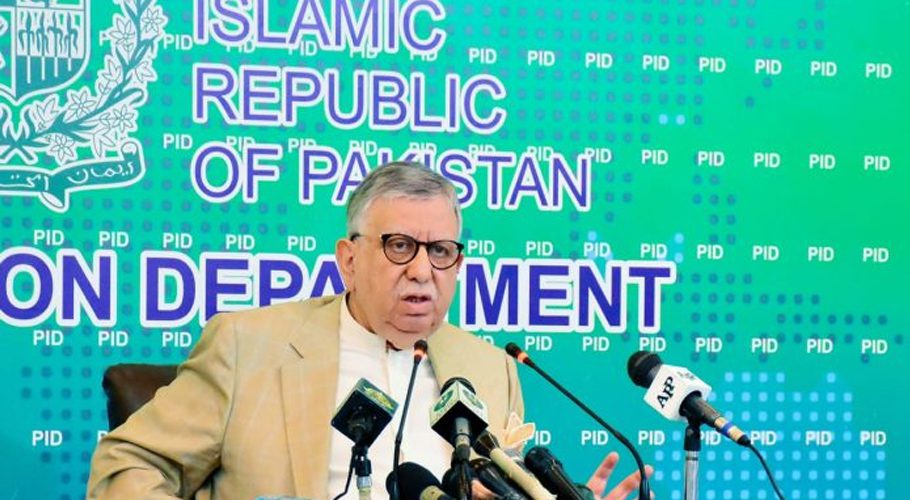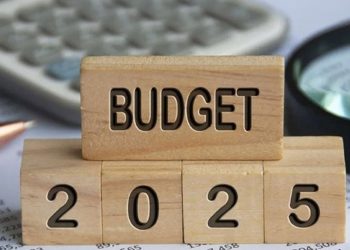ISLAMABAD: Minister for Finance and Revenue Shaukat Tarin acknowledged acknowledged that the International Money Fund (IMF) raised concerns over the $1.5 billion subsidy package announced by Prime Minister Imran Khan.
The prime minister announced a cut in petrol and electricity prices despite a rise in the global market. Regarding the ongoing talks with the IMF to release the next tranche of the programme, the minister said the IMF had expressed reservations over the Pakistan government’s recent relief in petroleum products and electricity.
However, he said “We have satisfied them by showing how we will manage the fiscal space”. He said the IMF had asked us to show the agreements and proofs that how the subsidized money would be managed.
“This is not a big issue, as we have made full homework and my final talk with the IMF would be held on Tuesday,” he said adding that the IMF should have no reason to stop the next tranche.
The IMF has begun the seventh review of the $6 billion rescue package agreed with Pakistan in 2019, and Tarin said he will have a final meeting with on Tuesday. The global financial institution asked to see the agreements of the dividends of State-Owned Enterprises (SOEs) and unds the central government will get from provinces.
GDP to cross 5%
Owing to robust growth of the country’s large scale manufacturing, agriculture and exports, Minister for Finance and Revenue Shaukat Tarin expressed hope that the Gross Domestic Product (GDP) growth would exceed 5% mark against the set target of 4.8% for the fiscal year 2021-22.
The minister said the welcoming news is LSM has grown by 8.2% in January against same month of last year and 4.2% against December 2021. He said the LSM growth slowed down in August, September 2021 but has come again on high growth.
“Our economic growth momentum has picked up again as our all agriculture crops are growing at 6 to 12 percent, and exports and services sectors are also growing at high pace, the minister, adding there is no doubt there were some headwinds such as inflation but the growth was sustainable and robust.
He said to curtail inflation and pass on minimum impact of international inflation pressure to the masses, the government had taken several measures including significant relief in prices of petroleum products and electricity. The minister highlighted that due to such measures, the Sensitive Price Index (SPI) based weekly inflation had reduced by 1.15 percent in a single week.
READ MORE: IMF says rising oil prices are challenge for Pakistan
Happiness Index
With respect to the a recent world happiness index issued by a United Nation’s body, the minister said Pakistan’s happiness index had improved by 7 points in one year however India has declined by three points.
He said the elements on which the index was based included perception of corruption, social support, freedom to make choices, GDP per capita, life expectancy, and generosity. In Aisa, he said Pakistan was among the top 15 happiest countries.
The finance minister added the current account posted high deficit for few months but now due to the government’s measures to curtail imports and increase exports, the deficit shrank significantly from over $2 billion in January to mere $545 million in February.
Our reserves with the central bank are almost $16.6 billion, so there has not been any hustle and bustle in the reserves as in the past when the reserves started depleting fast after high current account deficit.
Not issuing Euro bond
Responding to another question regarding the PML-N leader Miftah Ismail’s press conference on previous day, the minister said the government was not issuing the Euro bond at this time due to high interest rate. “As soon as the international markets settles down and the rates become normal, we will issue the bonds.”
He said Miftah Ismail was wrong in comparing the present current account situation with that in 2018, saying that in 2018, Pakistan’s foreign exchange reserves at the lowest level and they had reserves enough to pay for imports of only one month.
To another question, the minister said wheat production would grow by 5 to 6 percent this year and the government might not have to import it during next year. However, he said in order to increase the strategic reserves, the government might import 500,000 tons of wheat.
READ MORE: Pakistan ranked least costly country worldwide: Tarin



































